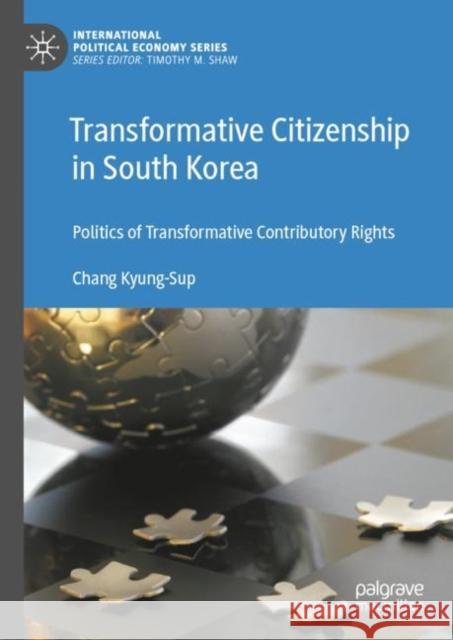Transformative Citizenship in South Korea: Politics of Transformative Contributory Rights » książka
topmenu
Transformative Citizenship in South Korea: Politics of Transformative Contributory Rights
ISBN-13: 9783030876890 / Angielski / Twarda / 2022 / 320 str.
Transformative Citizenship in South Korea: Politics of Transformative Contributory Rights
ISBN-13: 9783030876890 / Angielski / Twarda / 2022 / 320 str.
cena 241,50
(netto: 230,00 VAT: 5%)
Najniższa cena z 30 dni: 231,29
(netto: 230,00 VAT: 5%)
Najniższa cena z 30 dni: 231,29
Termin realizacji zamówienia:
ok. 16-18 dni roboczych.
ok. 16-18 dni roboczych.
Darmowa dostawa!
Kategorie BISAC:
Wydawca:
Springer Nature Switzerland AG
Seria wydawnicza:
Język:
Angielski
ISBN-13:
9783030876890
Rok wydania:
2022
Ilość stron:
320
Waga:
0.53 kg
Wymiary:
21.01 x 14.81 x 1.91
Oprawa:
Twarda
Wolumenów:
01
Dodatkowe informacje:
Wydanie ilustrowane











